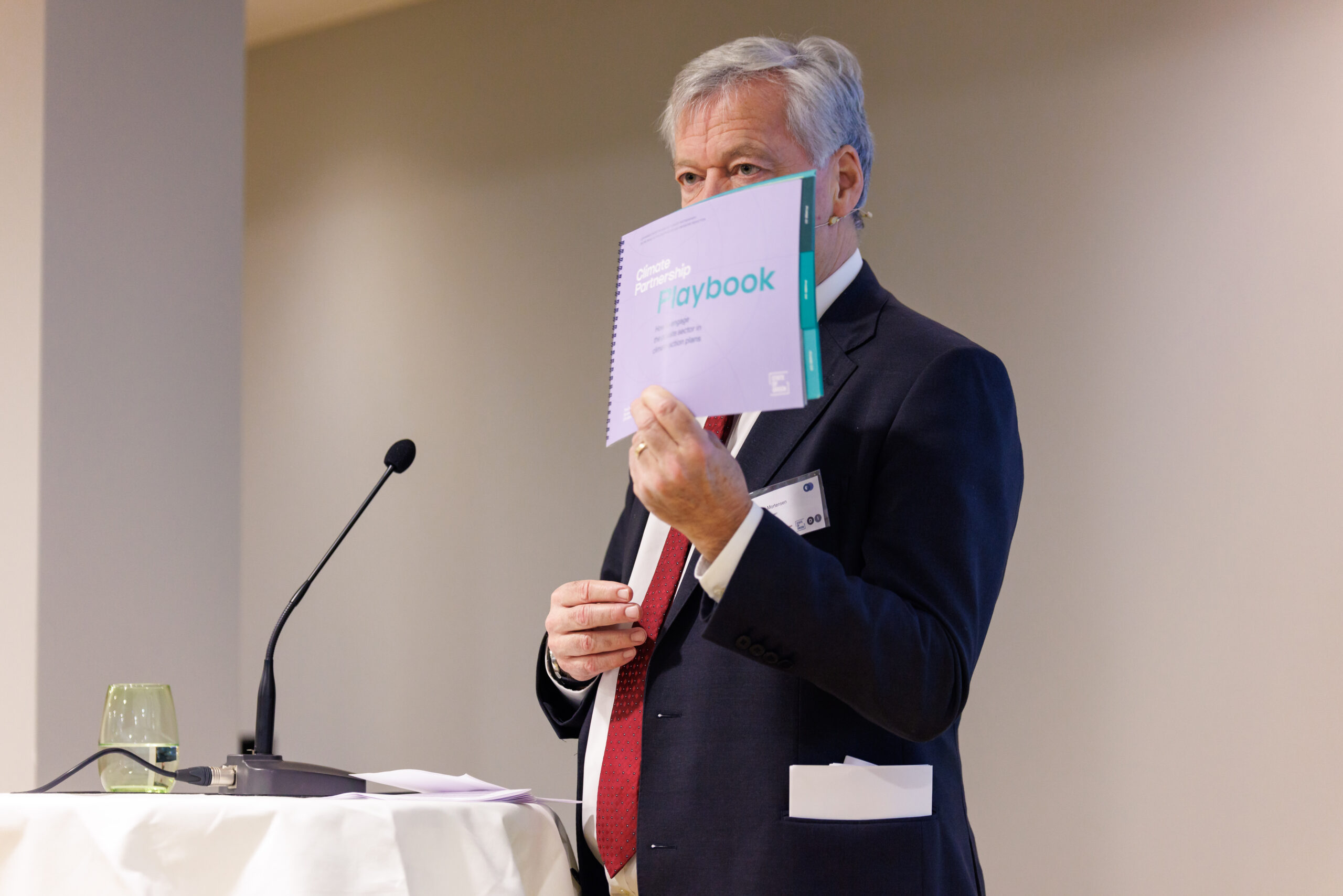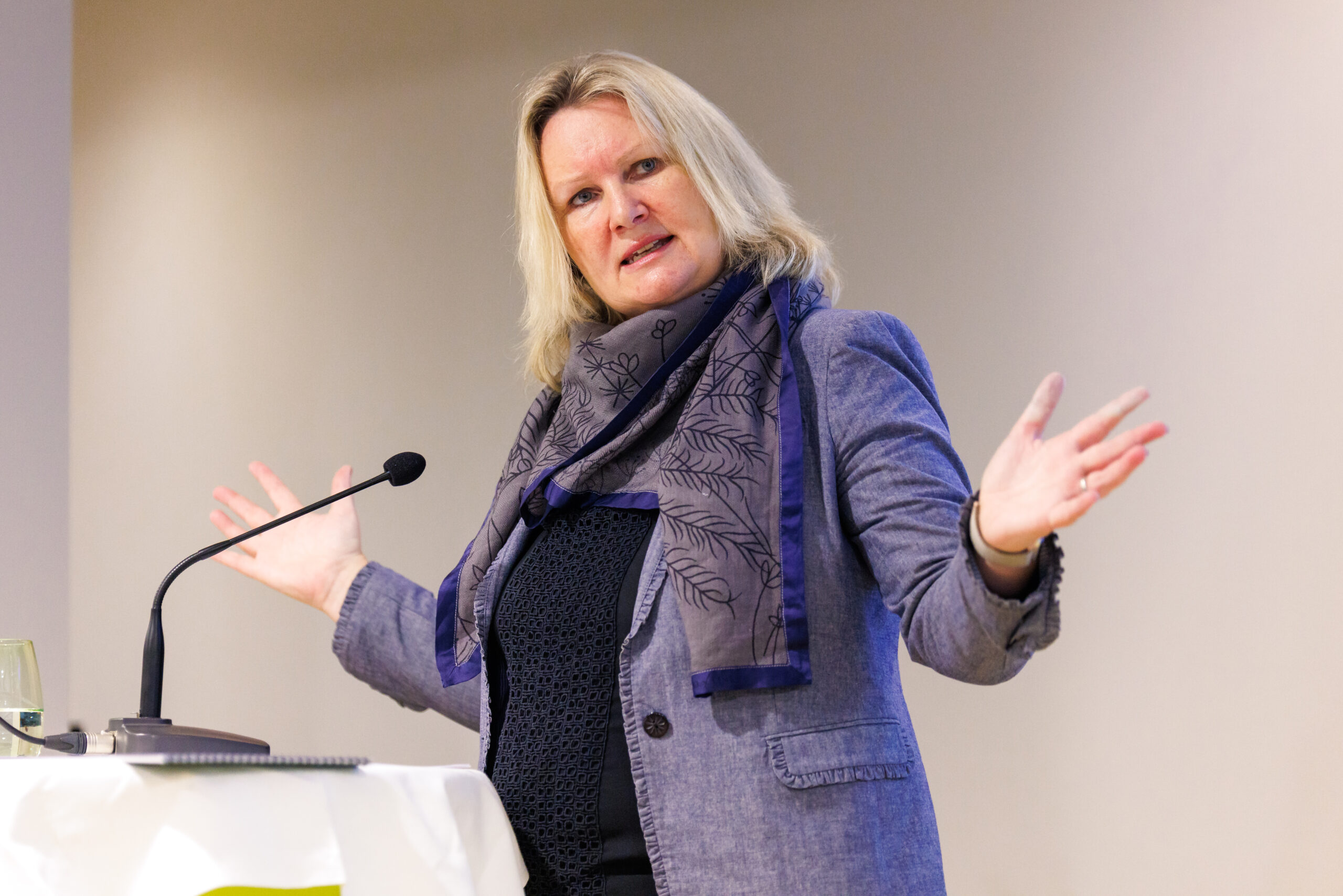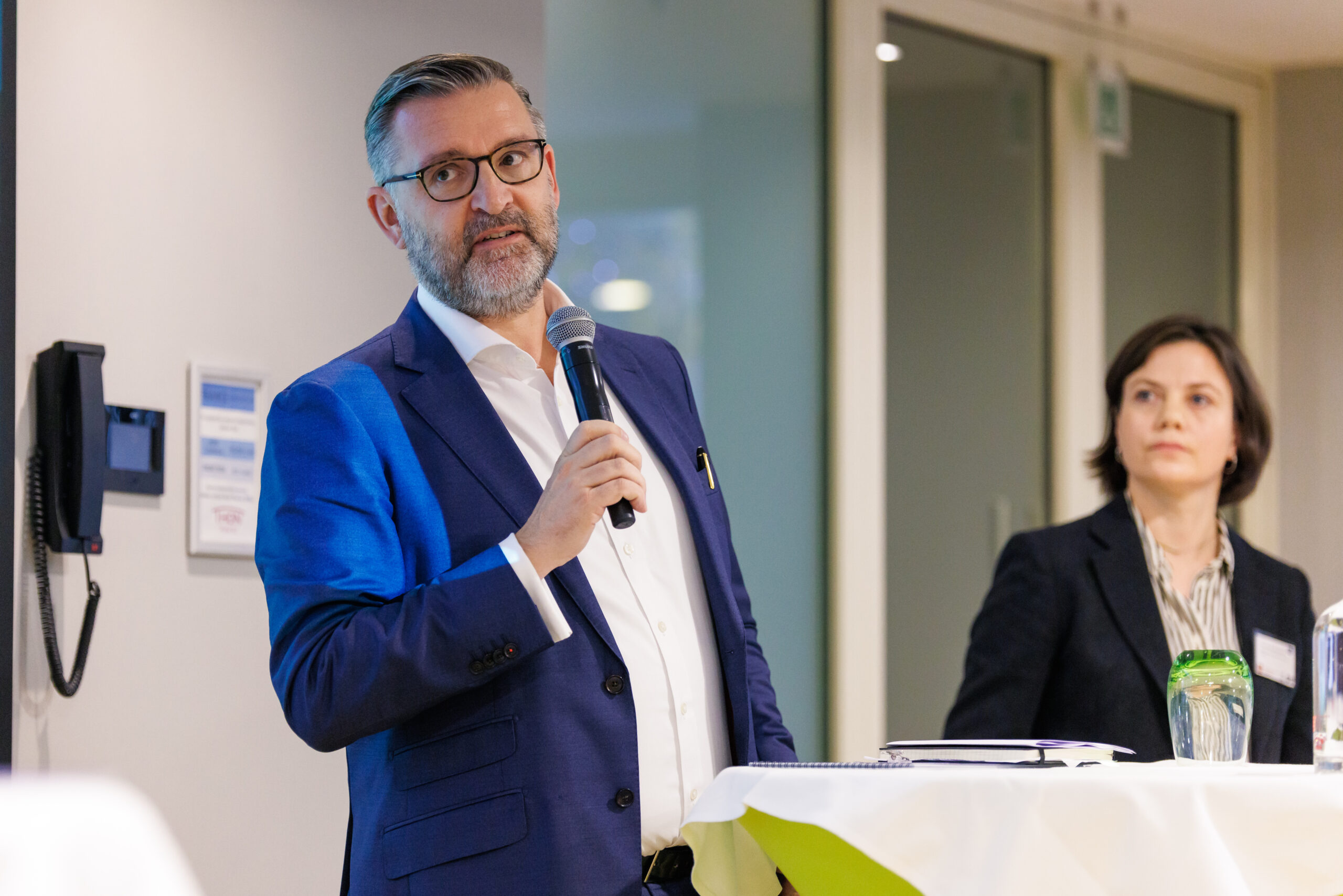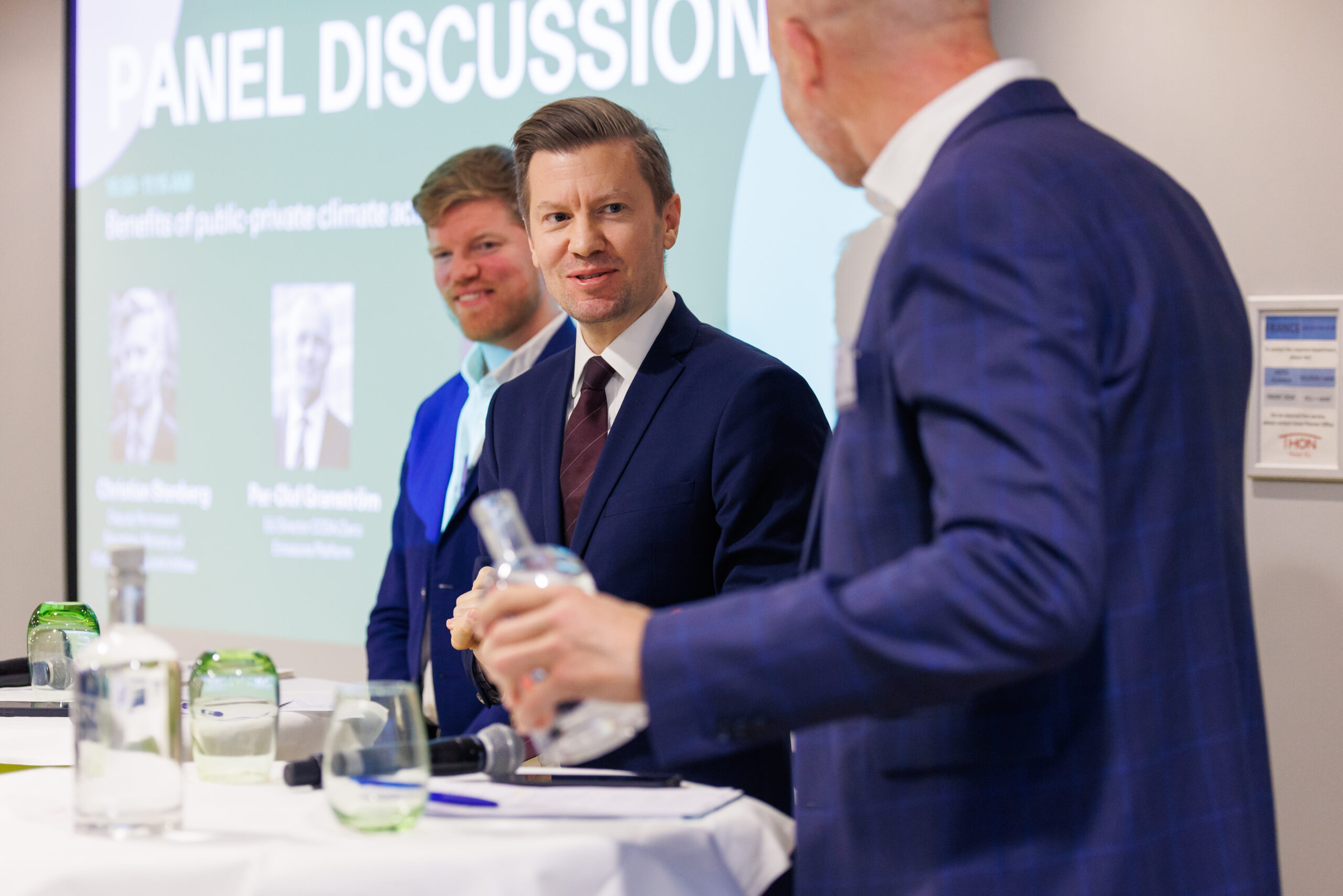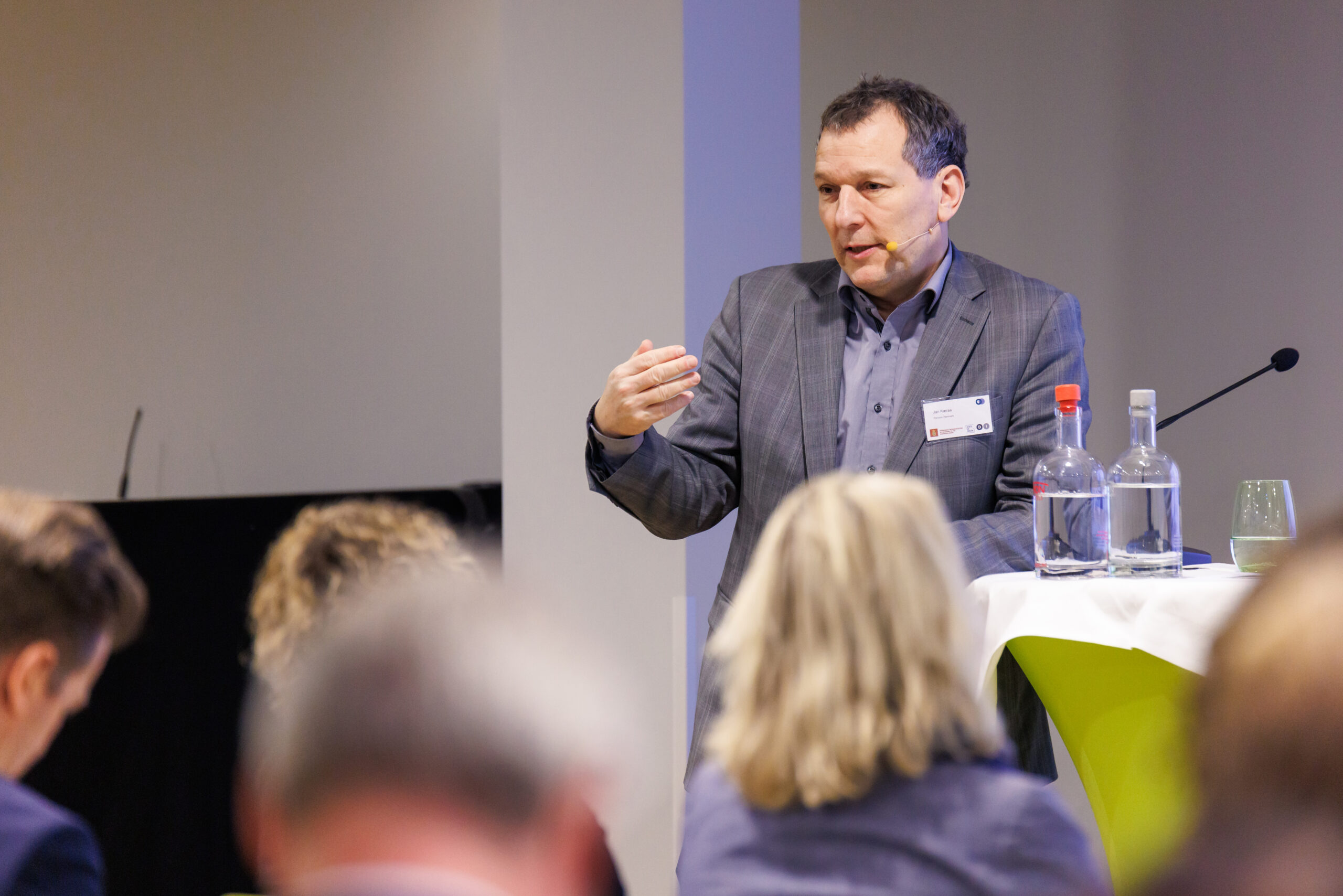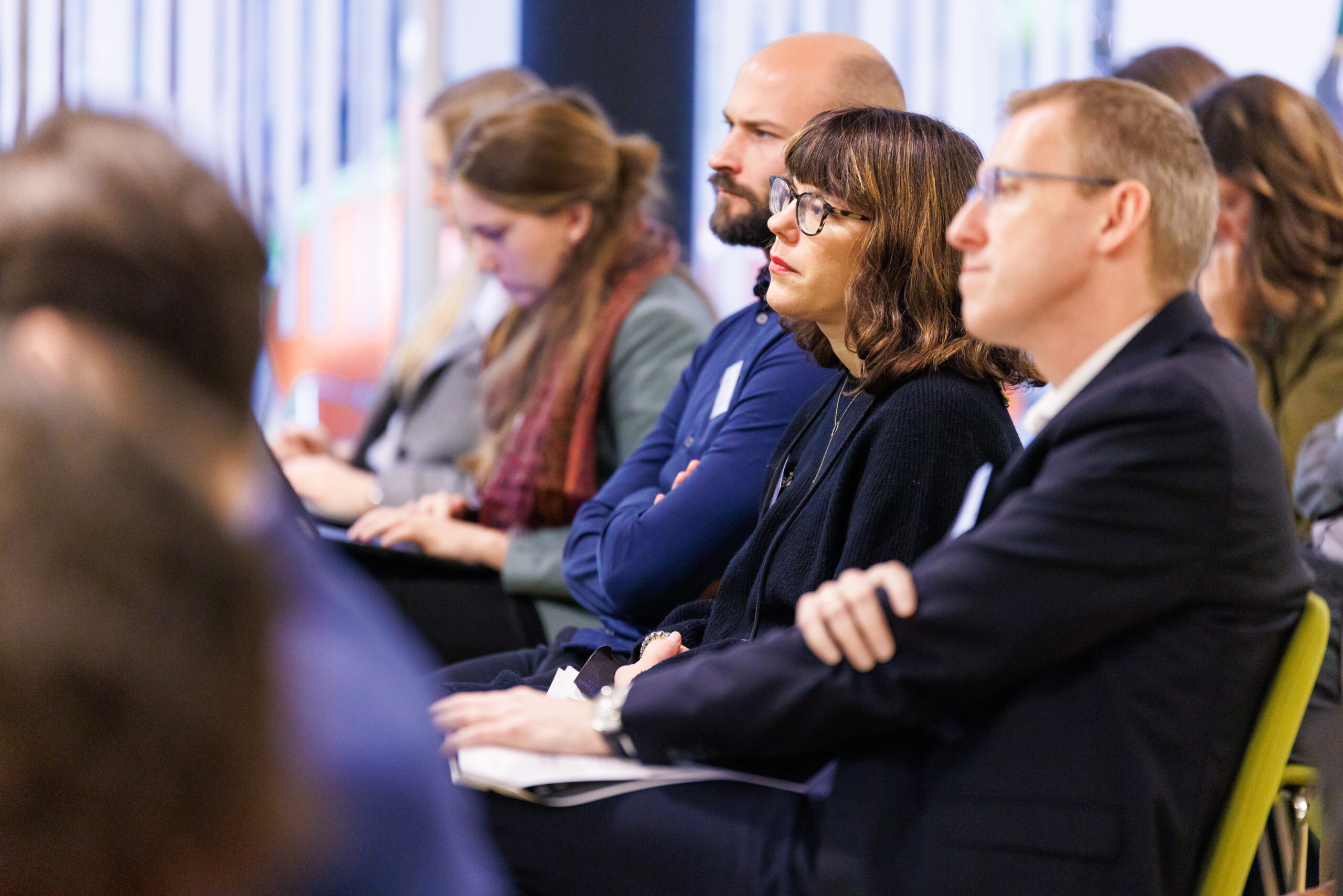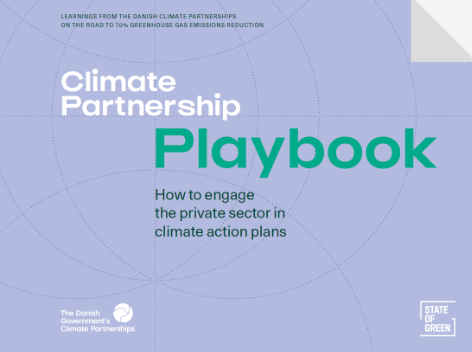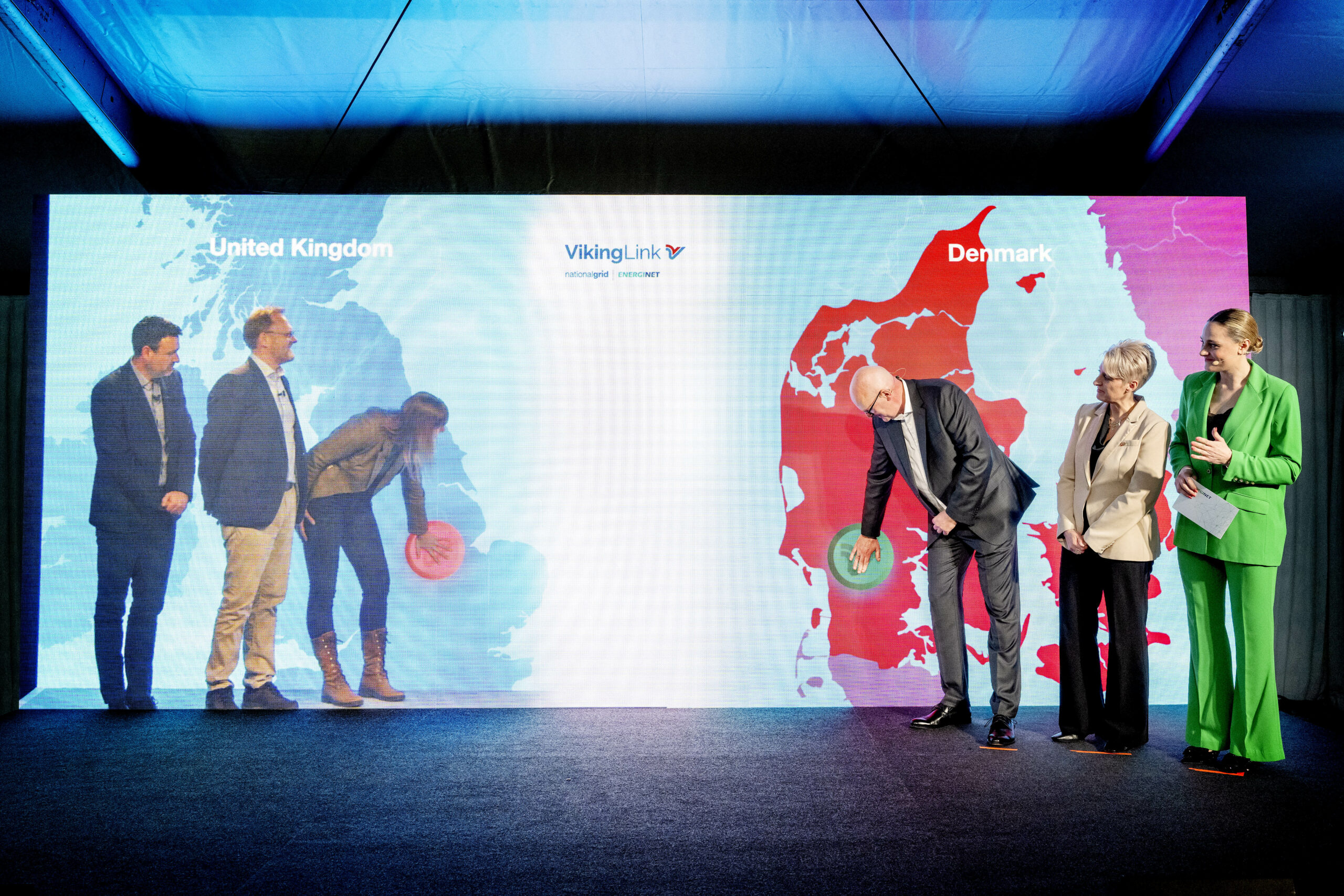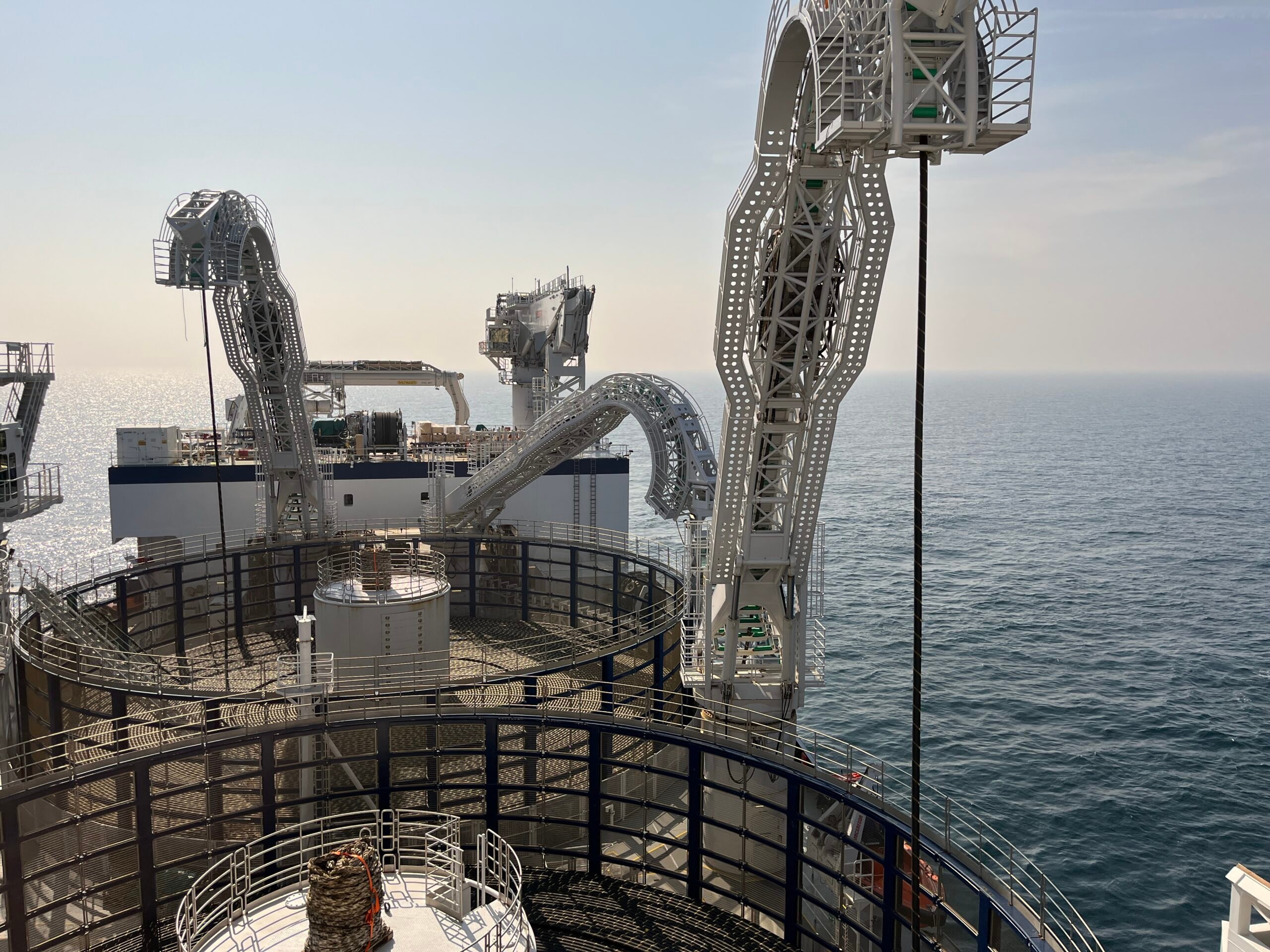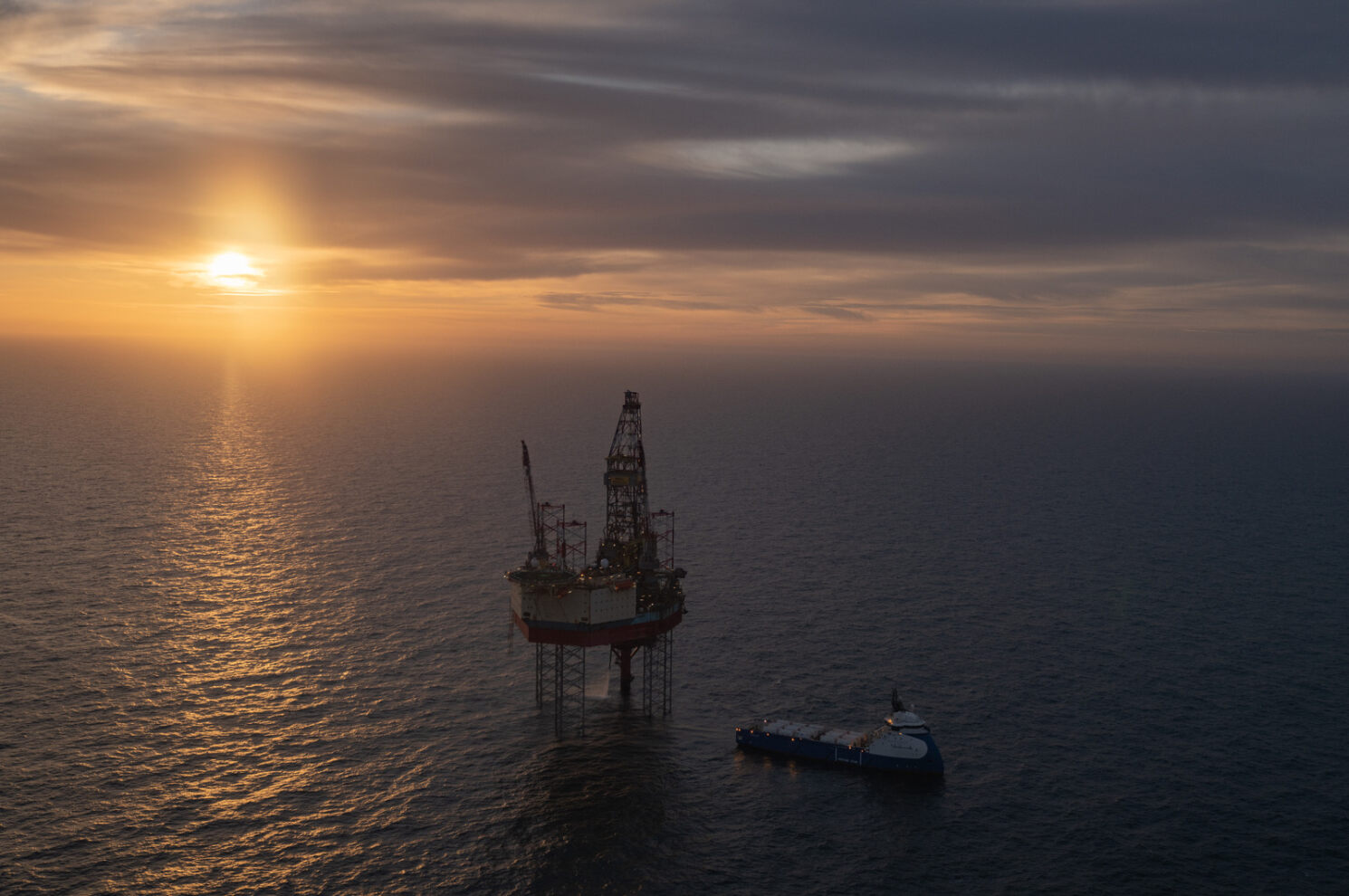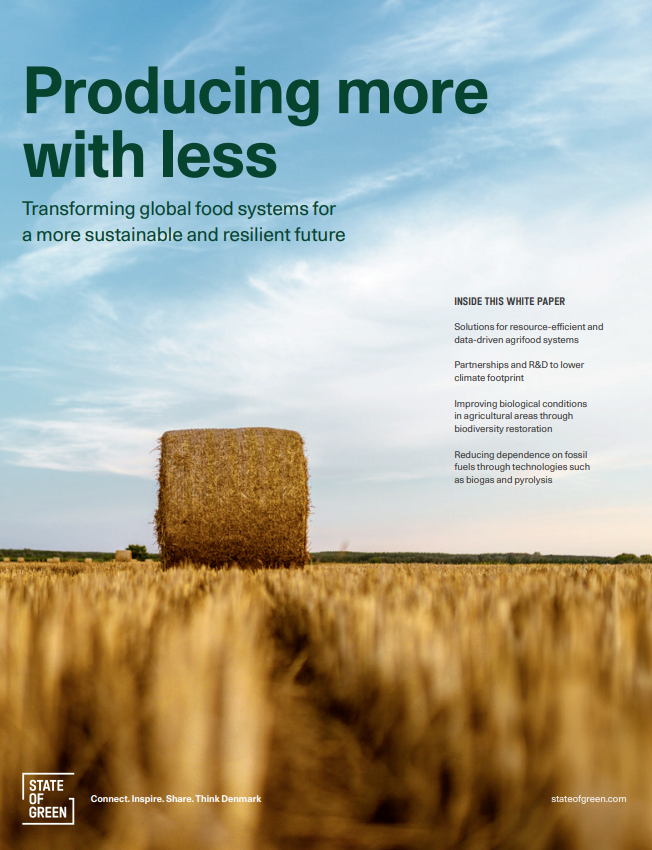Brussels forms the perfect frame
At the event, speeches were given on behalf of the European Commission, State of Green, the Ministry of Foreign Affairs, Pension Denmark, and the Confederation of Danish Industry. In addition, panelists from the Ministry of Climate, Energy and Utilities, VELUX, INGIA GROUP (IKEA), Ørsted and the EU organization “The Carbon Capture and Storage Association” discussed what can be learned from the Danish climate partnerships across sectors. It was also discussed how EU members can work together at the state level across the public and private sectors to prepare climate roadmaps.
The potential for industry-alliances in the EU
Deputy Director-General Maive Rute, who is responsible for the internal market, industry, and entrepreneurship under DG GROW in the Commission, stated that on top of the current geopolitical crises, as well as supply crises, they want to create a greener and more resilient market in the EU, with a particular focus on bringing more of the green industry to Europe. The EU imports 70-89 % of its raw materials. Therefore, the desire to find more like-minded and stable partners to purchase raw materials from is high on the agenda.
To a greater extent than before, the Commission is trying to work closely with the industry to find green solutions, e.g., through industry alliances. Further, it was mentioned that the work on setting EU climate goals and standards is nearing completion. We are now entering the crucial he implementation phase
The industry leads the way and demands higher ambitions
At the panel debates, the importance of regional alliances, coordinated at the EU level, was mentioned several times. The industry was encouraged to understand and utilise the symbiotic relationship better between production and the surrounding area to find the most sustainable solutions. A very concrete example of this was presented by Flemming Votemann, Vice President of External Relations and Sustainability at VELUX. He explained how VELUX makes use of their recycled materials in their production, the creation of two solar parks in South Spain and sourcing more climate-friendly aluminum.
Emil Damgaard Graan, Head of Global Policy Engagement at Ørsted, pointed out how Ørsted uses the climate partnerships as a tool to lift their ambitions higher and as an opportunity to look beyond their own sector to find new solutions and partnerships.
Jan Kæraa Rasmussen, Head of ESG & Sustainability at Pension Denmark, highlighted the importance of risk-aversion when it comes to making green investments, and here the public-private partnerships can play a big role to de-risk these projects.
In general, it became clear during the panel debates that the private sector has a high demand for more courage and more action from the public sector.
What now?
As both a prelude to and a followup on the event, State of Green has published a Playbook that describes in details how other countries can embark on climate partnerships. It was launched at New York Climate Week, and several countries have already indicated that they want to work with a similar model for private-public partnerships.
This includes Iceland, which was also represented by a speaker at the event. Here, Anna Sigurveig Ragnarsdóttir, Head of Division at theMinistry of the Environment, Energy and Climate for Iceland, emphasized that Denmark’s work has greatly inspired Iceland to initiate sector specific partnerships.
State of Green will continue to internationalise the climate partnerships and push for the export of the model and the green solutions associated with it.
